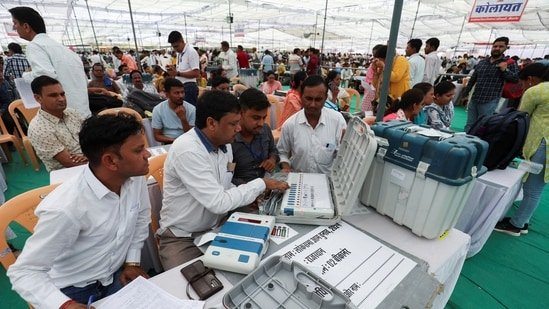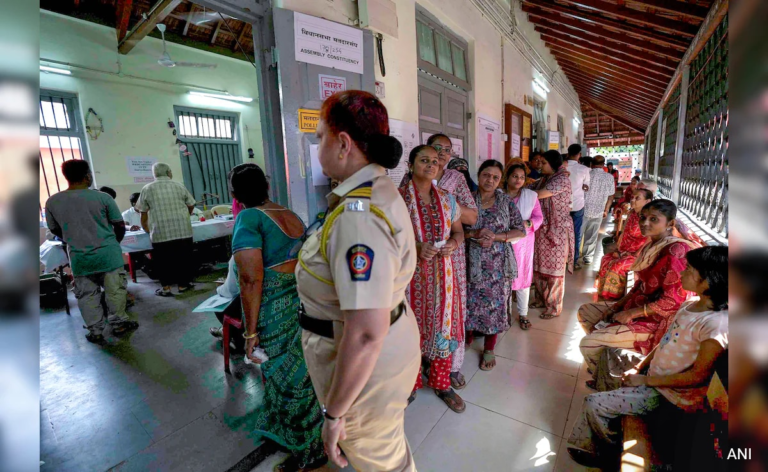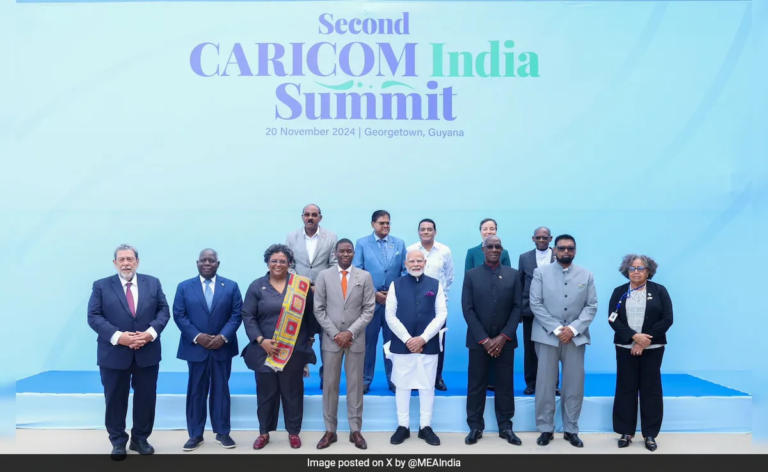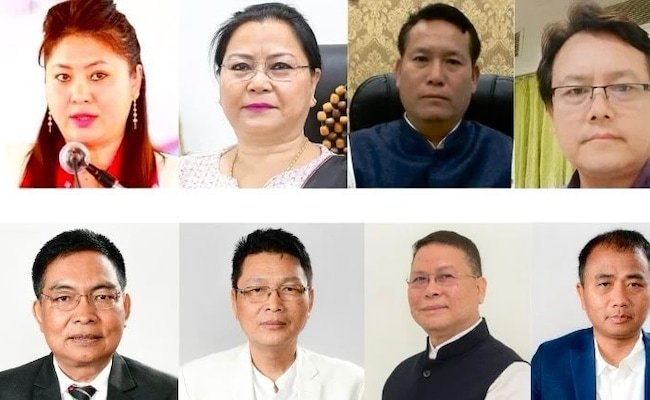
The world’s largest festival of electoral democracy begins today. Close to a billion people will exercise their franchise in seven phases over the next month and a half. Today, 1,625 candidates are seeking a mandate from 102 constituencies across 21 states: Among the big states, Tamil Nadu will elect all its 39 MPs in this phase. In 2019, a majority of these seats were won by the Opposition, thanks to its near-sweep of Tamil Nadu.

At stake is a third consecutive term for the BJP and the legacy of its mascot, Narendra Modi, who is seeking not just another inning as Prime Minister but also an enhanced mandate comparable to those the Congress won under Jawaharlal Nehru (1952, ’57, and ’62), Indira Gandhi (1971 and ’80), and Rajiv Gandhi (1984). Modi has already changed the character of the polity, which for three decades after 1984 had given fractured verdicts: Under his leadership, the BJP broke this pattern by winning a simple majority in 2014, and improved its tally further in 2019. It is this trajectory that Modi is seeking to further: In his words, it began with the BJP offering hope, trust, and, now, a guarantee (of governance). Pivotal to this trajectory of success is the charisma of Modi, which has influenced the BJP to privilege his image over the organisation — the 2024 manifesto is issued in his name, Modi ki guarantee. With the big promises of Ram mandir and Article 370 fulfilled, the BJP is “guaranteeing” the implementation of the Uniform Civil Code, Citizenship Amendment Act, and One-nation-one-election in the manifesto besides a continuation of existing welfare schemes. It is this cocktail of welfare, Hindutva, and national pride that has provided the launch pad for the BJP this season.
The Opposition INDIA bloc, after initial hiccups, managed to finalise seat tie-ups in all big states barring West Bengal, and has built a counter-narrative of “democracy-under-threat” and “Constitution-under-challenge”, alleged intimidation of Opposition voices, curtailing of civil liberties, and sought to offer a broad agenda of social justice, populist welfarism, and improved centre-State relations, to pitch itself as a federal front that speaks against what it claims to be the unitarian and centralising tendencies of the BJP.
The high-voltage campaigns have seen these two visions clashing. The BJP, with better resources, superior poll machinery and a popular leader, seems to have an edge over the INDIA bloc, which is yet to get its act together and campaign as a single, seamless unit. However, these are early days and no election outcome can be predicted until the last vote is cast. Exciting days are ahead as the nation will debate with great intensity, the various ideas, ideologies, and programmes on offer. It is this noise that makes Indian democracy a deeply engaging and energetic enterprise.
Continue reading with HT Premium Subscription
Daily E Paper I Premium Articles I Brunch E Magazine I Daily Infographics








